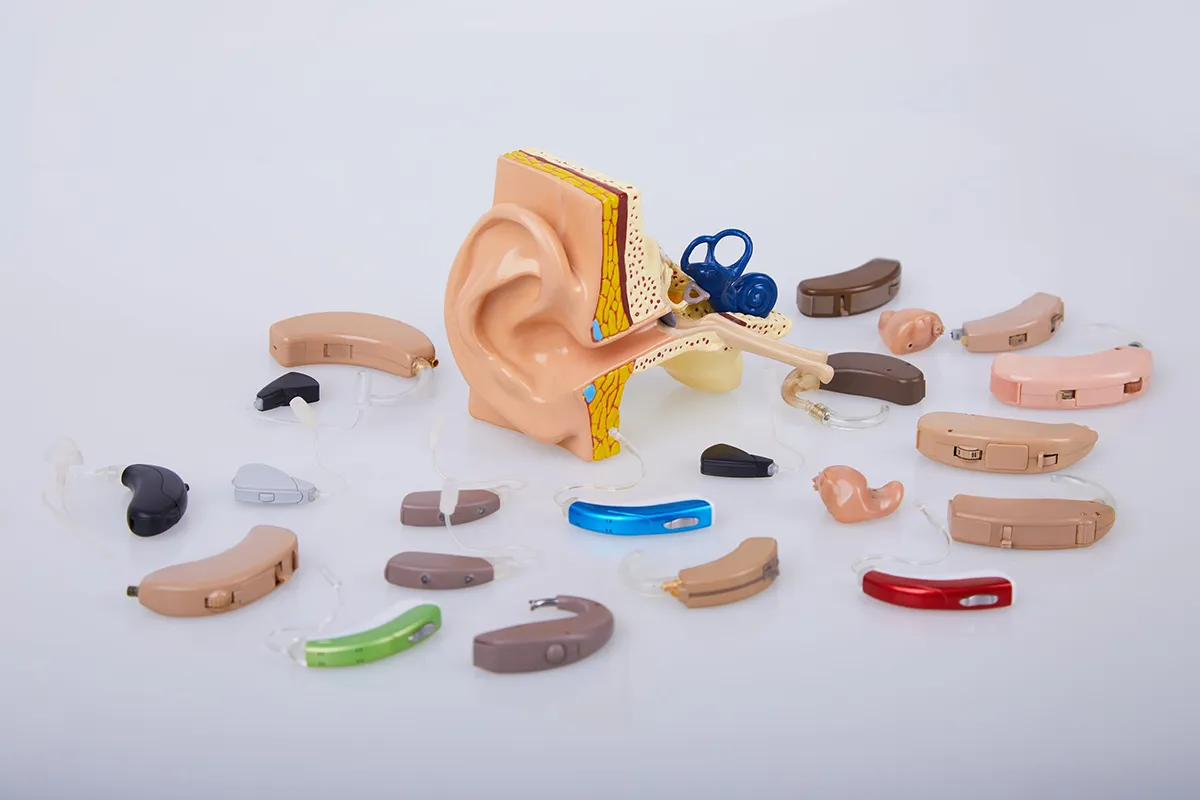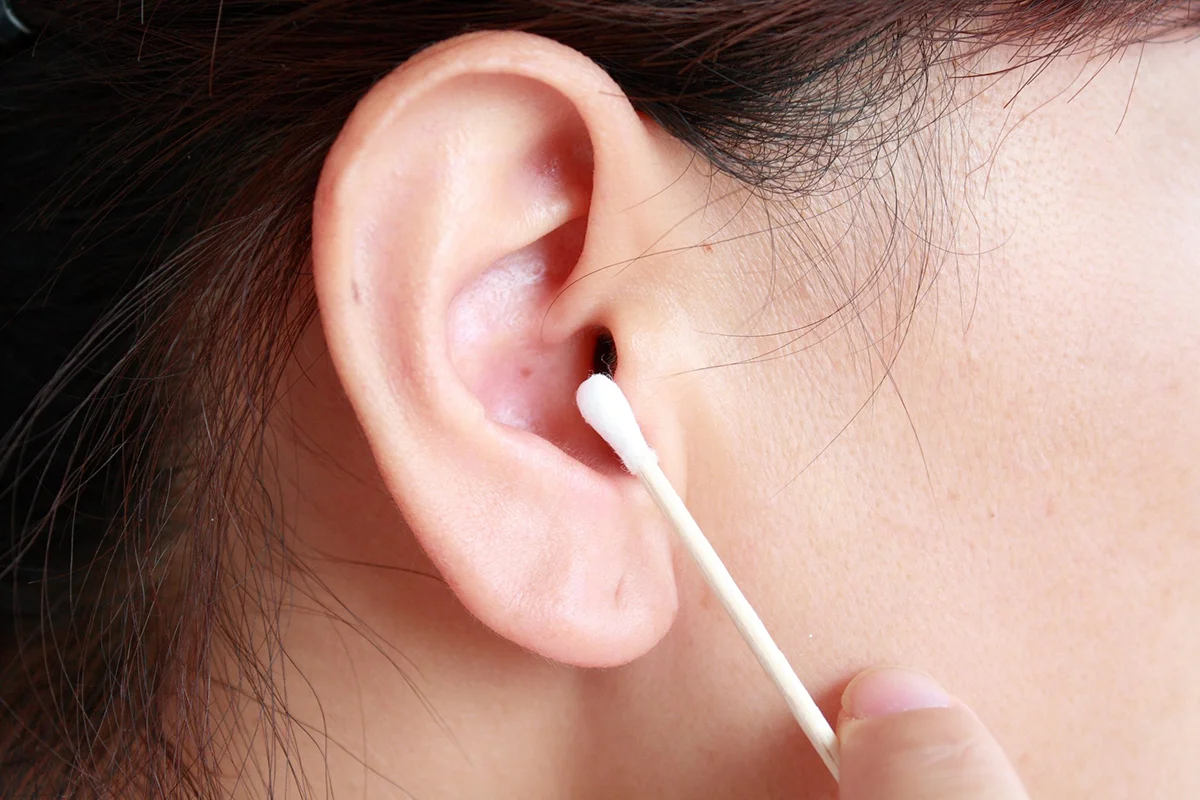According to the Academy of Doctors of Audiology (ADA), there could be connections between people’s hearing health and their overall bodily wellness, including the health of their organs and their cognitive health. Here, representatives from the ADA, a nationwide organization focused on promoting quality audiologic care, discuss the relationship between the ear and the body, as well as how to be proactive against age-related hearing loss when it comes to health care.
Hearing Loss and Potential Health Risks
The ADA says there might be connections between the health of a person’s ears and physical ailments in the rest of the body. Dr. Victor Bray, M.Sc., Ph.D., FNAP, and a past president of the ADA who now sits on the board of directors of the Audiology Awareness Campaign, points out there are diseases with potential links to hearing health.
“Where audiology is going,” Bray says, “is understanding this whole-body relationship of the ear with the body. We now know that if you have cardiovascular disease, you have a heart problem. If you have chronic kidney disease, you have a kidney problem. If you have diabetes types, basically type 2, which you know is a pancreas problem. Those all create situations that involve the ear to where your risk of hearing loss is elevated. And sometimes the risk of those diseases shows up first in the ear before it shows up in other parts of the body.”
Dr. Alicia Spoor, M.S., Au.D., is the ADA’s current advocacy chair and a past president of the organization. She urges individuals to take their hearing health as seriously as they do caring for their other senses and other parts of their body. “You should definitely do something about your hearing,” Spoor says. “It's just as important as … your vision in your eyes. And we take really good care of our eyes and our vision.”
Additionally, untreated hearing loss could negatively impact a person’s health and safety in other ways, according to Spoor. “We know that there’s a risk of falls, balance issues … with even a mild hearing loss,” she explains. Keep in mind, not everyone who has hearing loss will also be impacted by balance issues, and not everyone who has balance issues will also be impacted by hearing problems, but the two often occur in combination.
Those who have experienced symptoms like dizziness, vertigo, or motion sickness even when standing still but haven’t gotten to the root cause with their primary care physician might find value in booking an appointment with an audiologist to rule out any hearing issues or other problems with their inner ear.
 Untreated hearing loss has been linked to balance issues, including a risk of falls and symptoms like dizziness.
Untreated hearing loss has been linked to balance issues, including a risk of falls and symptoms like dizziness.
Hearing Loss and Mental Health
The ADA points out there are psychological effects of hearing loss. “We know that if you’re not hearing well, the studies will show that you often will kind of turn more inward,” Spoor explains. “We can see depression, we can see anxiety. … We know that there can be some cognitive issues. And the Lancet study from a couple of years ago tells us that hearing is one of the most modifiable treatments in the process of cognitive health. And we know that our ears will often tell us about other parts of our bodies.”
People’s mental health and cognitive health could also impact their feelings from day to day, with better hearing potentially leading to improvements for those who have been experiencing certain types of emotional distress. Bray says, “The [sound] amplification for many of these people can restore an emotional balance. It's not all people who have depression, anxiety [who] need hearing aids, but for many people who do get the [hearing] treatment, if that is the cause of their distress, we see improvement.”
Age-Related Hearing Loss: How to Be Proactive
The ADA points out that as age increases, the prevalence of healthy hearing decreases and the prevalence of hearing loss increases.
“The data [shows] that as you get into this population, the percentage of people who have hearing loss doubles every decade in life,” Bray explains. “And this really starts to show its impact when people are in their sixties, and that doubles again in their seventies and then doubles again in the eighties. And by the time you get to the eighties, it’s more probable you have a hearing loss than you don’t. But you don’t want to wait til it’s too late to take action. You want to get ahead of it, find out your hearing status, and then monitor it.”
Bray stresses the need for people to connect with hearing professionals during middle age. “Age-related hearing loss, maybe in the fifties, that’s when we really start to see the effects showing up,” he says. “And so starting to get screened for hearing loss is important once you get into your fifties. And then in your sixties, [schedule a] full hearing test on a regular basis to monitor your system.”
According to Bray, if patients are experiencing symptoms, it’s important to avoid delays in treatment or other health services to potentially mitigate cognitive decline and the worsening of the unaddressed hearing loss. “You don’t want to wait until you notice that you have a hearing loss and you have problems to go in and be tested,” he says about hearing loss prevention. “If you have a hearing loss, get sound going back to your brain and take advantage of the benefit that’s offered. Find the method that works the best for you. There’s just another path to obtain help.”
Learn about more hearing health topics in this series by Eargo in collaboration with the ADA.
The information contained in multimedia content, interviews, or quotations from third parties (the “Content”) posted represents the views and opinions of the interviewed participants and does not necessarily represent the views or opinions of Eargo, Inc. (“Eargo”).
The production of the Content was paid for by Eargo, although the interviewed participants did not receive any money from Eargo for their participation in the creation of the Content. The Content has been made available for informational and educational purposes only and does not purport to be complete; nor is it intended to be a substitute for professional medical advice. Eargo does not make any representations or warranties with respect to the accuracy, applicability, fitness, or completeness of the Content.





